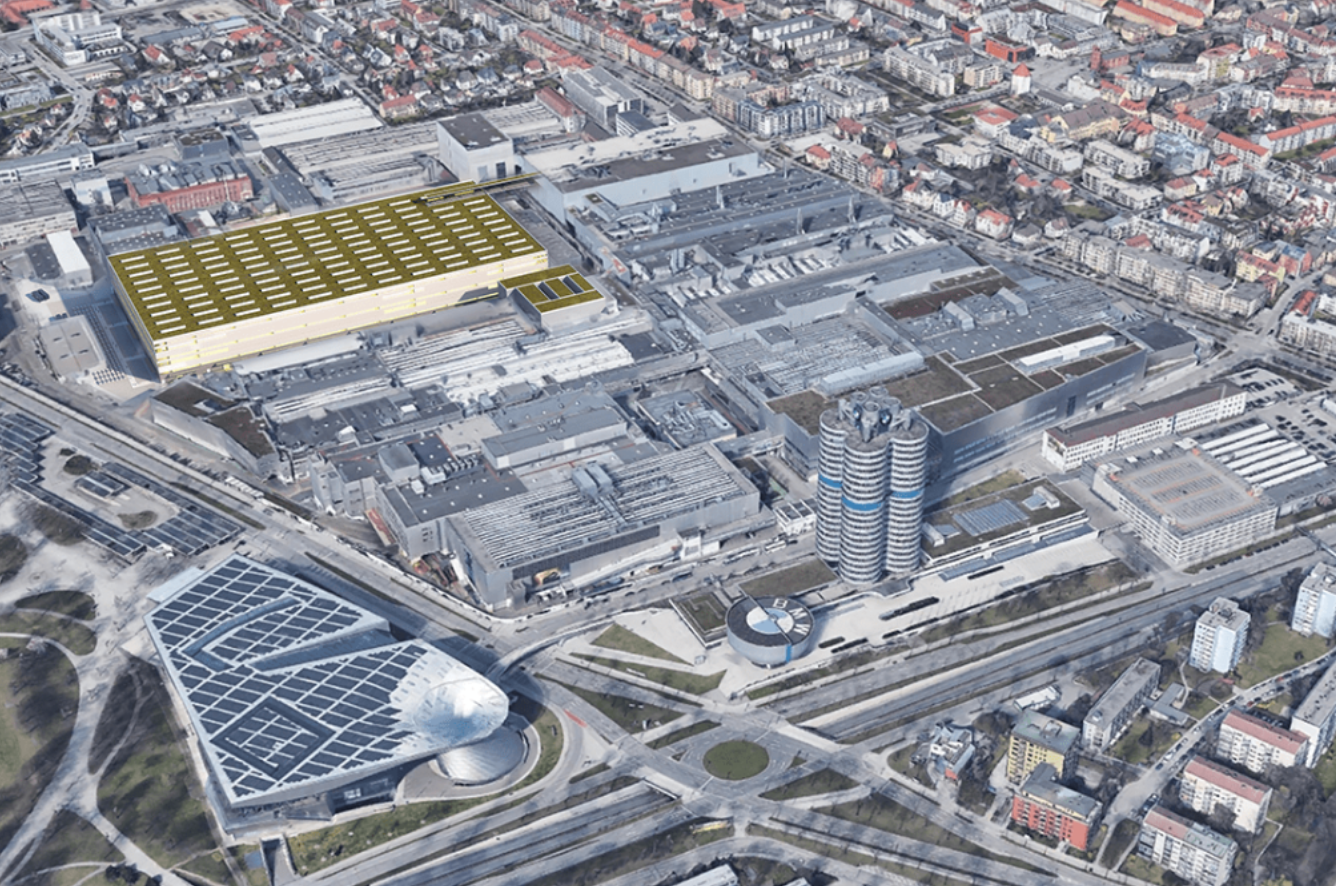
BMW stops ICE production in Germany

BMW has stopped building ICE engines in its main Munich plant near its headquarters /BMW
BMW has ended the production of internal combustion engines at its main plant in Munich. The long-announced step was taken to make room for


Comments
Ready to join the conversation?
You must be an active subscriber to leave a comment.
Subscribe Today